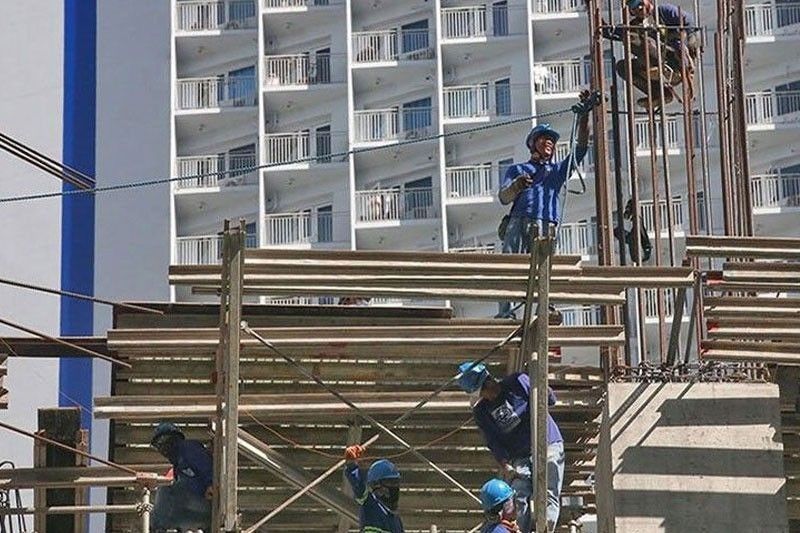
MANILA, Philippines — With its “limited fiscal space,” the government is unlikely to find the resources to subsidize minimum wage earners, Budget Secretary Amenah Pangandaman said yesterday, as she warned that pushing through with such a subsidy would undermine consolidation efforts as well as the delivery of other social services.
“This is currently not in the budget approved by Congress,” Pangandaman told The STAR, referring to the proposed subsidy for minimum wage earners.
“And it might eat up the budget for social services and other infrastructure priorities. Thus, we really need to study the proposal,” she said.
The House of Representatives committee on labor and employment is looking at state subsidies for minimum wage earners amid proposals to increase the salaries of private sector employees.
The business community, however, has voiced opposition to the legislated wage hike proposal, warning that it would result in job losses and layoffs if approved.
Under the 2024 budget, subsidies allotted are only for the usual social protection programs such as the Pantawid Pamilyang Pilipino Program and Assistance to Individuals in Crisis Situation.
“But we can explore all possible options on how (wage subsidy) can be actualized and how soon it can be achieved,” Pangandaman said.
Economists told The STAR that the current fiscal space would not allow for any more subsidies.
ING Bank senior economist Nicholas Mapa also said the current high debt levels would pose a challenge to the government in raising resources for new subsidies.
“Government must continue to carry out its fiscal consolidation efforts. The fiscal sector carried the economy through most of the pandemic and initial recovery,” Mapa said.
“Now that the economy is clearly on the mend, fiscal consolidation should be prioritized to improve our debt metrics. Such subsidies may move counter to such fiscal consolidation efforts,” he pointed out.
Under its fiscal consolidation program, the administration aims to generate more revenues and cut down on its spending in order to reduce the budget deficit and debt levels.
Michael Ricafort, chief economist at Rizal Commercial Banking Corp., explained that the higher-than-programmed budget deficit last year was a manifestation of limited fiscal space.
Ricafort argued that previous subsidies were difficult enough, and granting one for wages could be worse.
“Subsidies, instead of market-based dynamics, would be a distortion in the economy and would not be consistent with fiscal prudence,” he said.
He added the government should focus more on slowing down or controlling inflation so as to mitigate the need for raising wages.
For Leonardo Lanzona, labor economist and professor at the Ateneo de Manila University, the limited fiscal space should prompt the government to stop corrupt practices and avoid unnecessary expenses so it could afford wage subsidies.
“The government needs to control corruption, limit confidential and intelligence funds and reduce travel expenses, especially for the President,” Lanzona said.
“Otherwise, the government will not be able to pay for these wage subsidies. We need to provide decent wages which are really the responsibility of the government,” he said. — Louise Maureen Simeon
*****
Credit belongs to: www.philstar.com
 Atin Ito First Filipino Community Newspaper in Ontario
Atin Ito First Filipino Community Newspaper in Ontario






